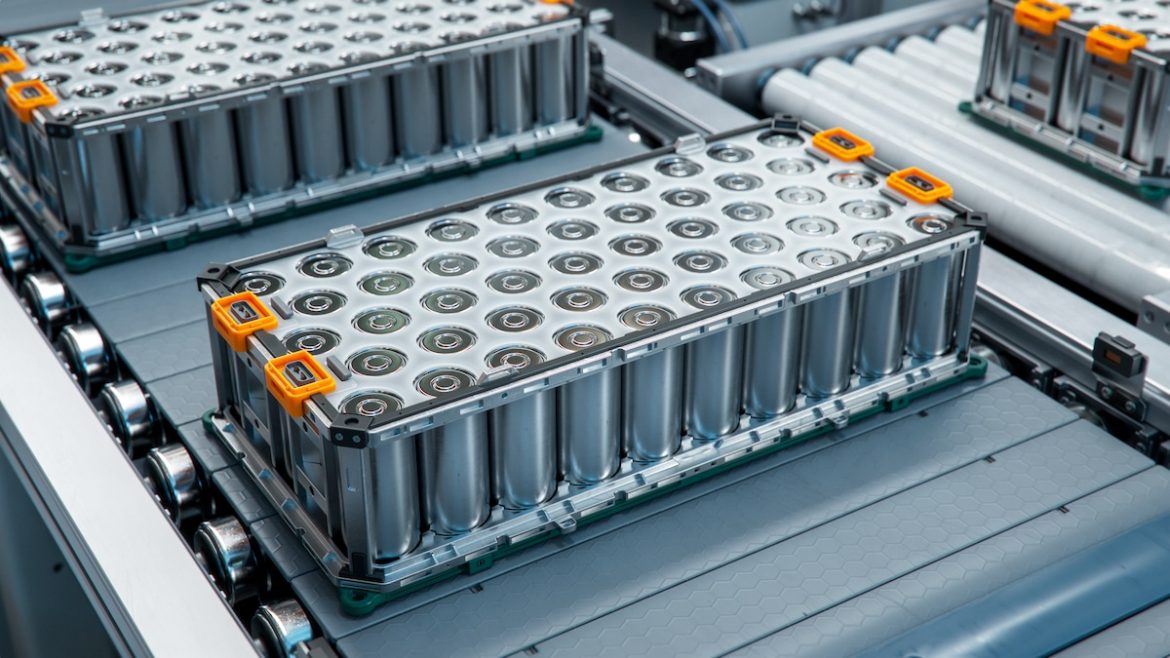The International Energy Agency (IEA) has said that the rollout of batteries across the global electricity industry more than doubled last year but will need to be six times faster if the world hopes to meet its renewable energy targets.
A report from the global energy watchdog found that new batteries totalling 42 gigawatts (GW) were plugged into electricity systems around the world last year, increasing total capacity by more than 130% from the year before to 85GW.
However, the IEA warned that an estimated 1,500GW of energy storage would be required worldwide by the end of the decade, including 1,200 GW from batteries, to avoid stalling the global clean energy transition and help meet the UN’s net zero targets.
Batteries are reported to have emerged as one of the world’s fastest-growing clean energy technologies after a 90% decline in costs over the past 15 years driven by the rapid growth of electric vehicles. But costs will need to fall further, according to the IEA, and governments must do more to diversify the supply chains behind battery manufacturing to avoid bottlenecks in the market.
Read also: Rule compels US coal-fired power plants to capture emissions
In return, a battery boom could offer a “master key” able to unlock much bigger transformations in the uptake of renewable energy, reduction of fossil fuels from power grids and in accelerating the introduction of electric vehicles, according to the IEA executive director, Fatih Birol.
“Batteries are changing the game before our eyes.” he said.
The IEA found that global investment in batteries reached $150bn last year after an eightfold increase in car battery investments and a fivefold increase for power grid battery storage. About $115bn was invested in vehicle batteries, of which 90% was in China, Europe and the US, according to the report.
The global battery boom has enabled electric car sales to surge from 3m in 2020 to almost 14m last year, with further strong growth expected in the coming years, according to the report. Batteries are predicted to play a far bigger role in global power grids to help cut fossil fuels from electricity generation.
Story was adapted from the Guardian.
